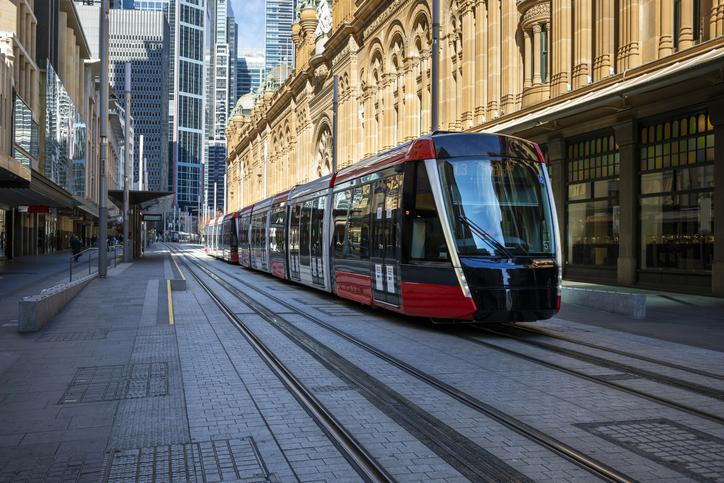
Biker and Pedestrian Accidents Show Dangers Posed by Light Rail Trains
- posted: May 04, 2023
- Personal Injury
A 35-year-old woman was struck and killed by a NJ Transit light rail train in Weehawken in August 2019. A few months later, on Christmas Eve, a 43-year-old mother suffered the same fate while crossing the street in Jersey City to pick up a holiday photo for her work team. Fast-forward to Spring 2023, when a motorcyclist in Hoboken was struck by the light rail and managed to escape with his life but was hospitalized with serious injuries.
These catastrophic accidents are examples of the dangers lurking for pedestrians and bikers who share roadways with New Jersey’s light rail system. Such light rail collisions with pedestrians and bikers are often traced back, after thorough investigation, to such causes as:
- Negligence by the engineer/operator
- Speeding
- Partial or total derailment
- Lack of track maintenance
- Lack of warnings, lights or other signals at railroad crossings (i.e. unprotected crossings)
The unprotected crossings problem is particularly widespread in New Jersey. In some cities, light rail trains cross streets at grade level and there is often little to no protection for pedestrians and bikers. The lack of adequate warning is often made worse due to factors like poor visibility, distracted conductors and malfunctioning horns on trains that prevent the conductor from sounding an alarm.
Injured victims and the families of those killed in light rail accidents face a unique challenge when it comes to potentially suing for damages: the trains are operated by public entities. Light rail trains are run by NJ Transit, which is a public company owned by the State of New Jersey. Filing a lawsuit against public entities requires following different rules and procedures compared to a typical auto accident situation.
The New Jersey Tort Claims Act, which controls suits against public entities, does not allow personal injury suits to be filed against NJ Transit unless a separate notice of claim is filed first. This notice must be filed no more than 90 days after the accident and must contain a fairly thorough account of the incident, including how it happened, what injuries were inflicted and what amount of compensation is sought. Failing to file the notice can bar you from suing.
Further, once the notice is properly served on NJ Transit (and/or a town, city or government agency), the entity gets six months to review it. In a light rail accident case, NJ Transit is supposed to use this time to investigate and settle the claim. If the six-month waiting period passes without settlement, then you are allowed to file a lawsuit. Any lawsuit must be filed no later than two years after the date of the accident.
The attorneys of Seigel Law in Ridgewood, New Jersey know how to help victims and their families win compensation in the aftermath of light rail accidents. To discuss your situation, please call our office at 201-444-4000 or contact us online to schedule a free consultation today.

